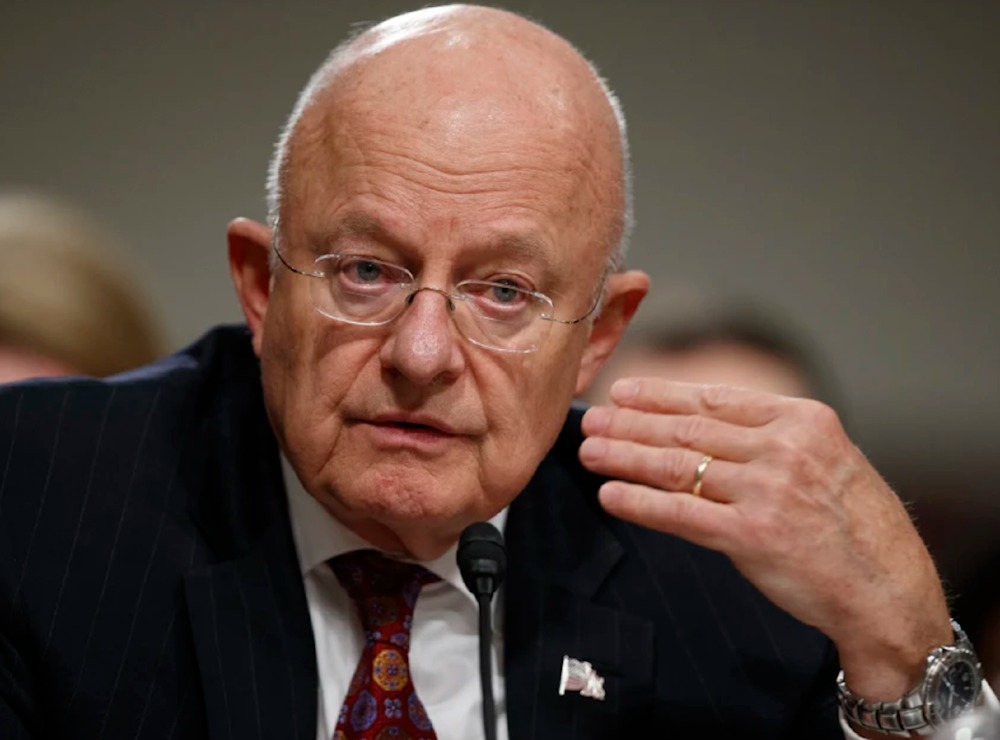Declassified emails show Clapper pushed 2017 Russia report unity
Newly declassified emails reveal former DNI James Clapper urged US intelligence leaders to unify behind the Obama-era 2017 Russia report, despite concerns over its accuracy.
-

Director of National Intelligence James Clapper testifies on Capitol Hill in Washington, D.C. on Jan. 5, 2017. (AP)
Newly declassified emails show that former US Director of National Intelligence (DNI) James Clapper pressed senior intelligence officials in late 2016 to align behind the Obama administration’s narrative of alleged Russian “collusion” with Donald Trump’s campaign.
The revelations come from a top-secret email released by current DNI chief Tulsi Gabbard, sent by Clapper on December 22, 2016, to then-NSA Director Mike Rogers, CIA Director John Brennan, and FBI Director James Comey.
Concerns over rushed intelligence assessment
The exchange focused on the January 2017 Intelligence Community Assessment (ICA) ordered by then-president Barack Obama. Rogers expressed concern that the report was being rushed:
“I'm concerned that, given the expedited nature of this activity, my folks aren't fully comfortable saying that they have had enough time to review all of the intelligence to be absolutely confident in their assessments,” Rogers wrote.
Clapper responded by saying it was "essential that we (CIA/NSA/FBI/ODNI) be on the same page, and are all supportive of the report – in the highest tradition of ‘that’s OUR story, and we’re sticking to it’… This is one project that has to be a team sport.”
Report allegedly based on false and biased information
Gabbard also released an unclassified House Intelligence Committee report from 2020, which concluded that the Obama administration fabricated the case of Russian interference in the 2016 election despite intelligence reports to the contrary.
The committee found that the January 2017 ICA relied on “biased” and “implausible” claims, including the now-discredited Steele Dossier, to suggest Moscow favored Trump over Hillary Clinton. The report described the dossier and related intelligence as part of a smear campaign that fueled politicized investigations, arrests, and heightened US-Russia tensions.
Russia has consistently denied US allegations of election interference. Kremlin spokesman Dmitry Peskov has called the accusations “absolutely unsubstantiated,” while Russian Foreign Minister Sergey Lavrov has stated there is no credible evidence to support claims of Moscow meddling in elections abroad.

 2 Min Read
2 Min Read










